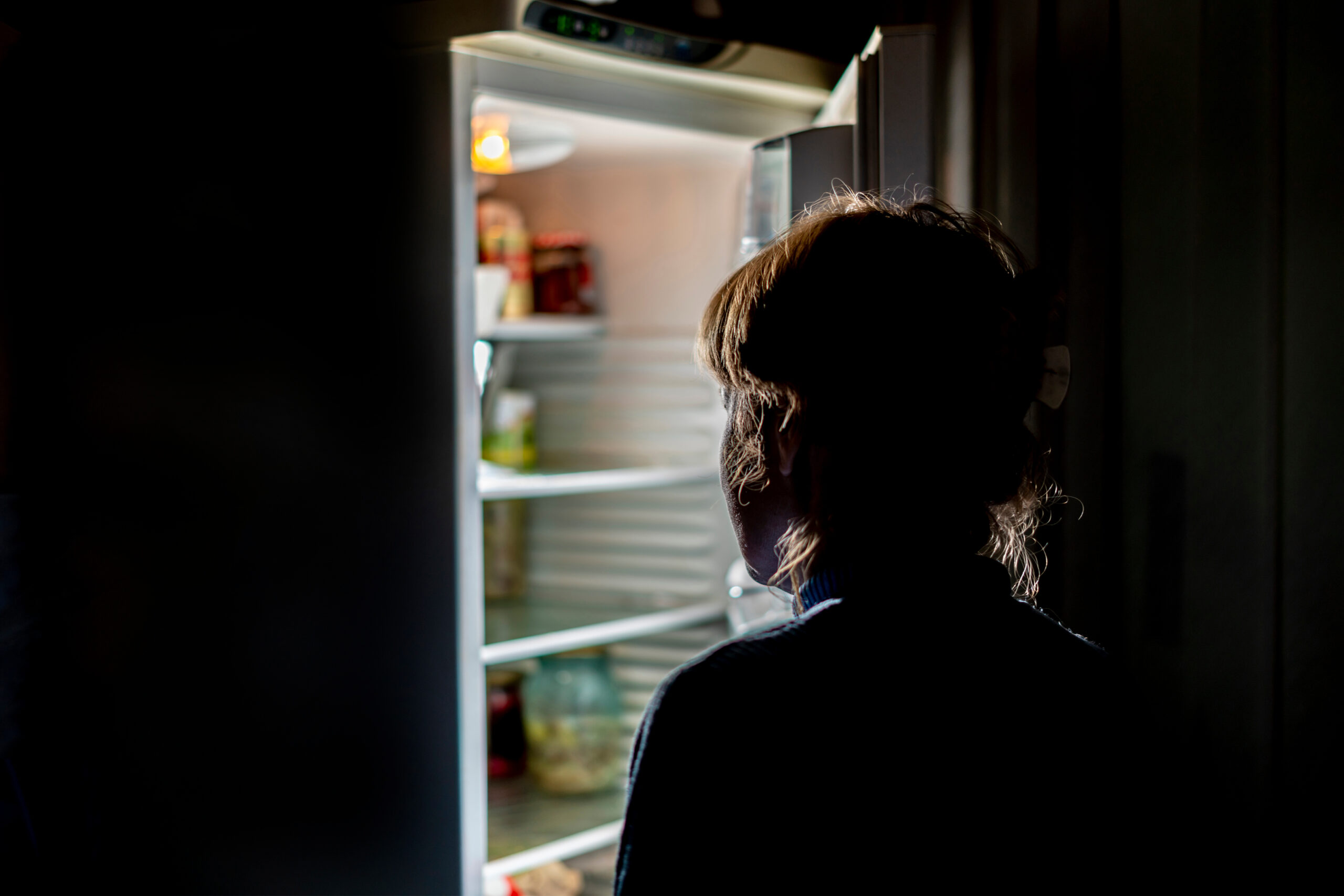Sometimes we get that urge to have a midnight snack or a late-night dinner; however, a new study has shed some light as to why we should not give in to these temptations. The study done by Brigham and Women’s Hospital revealed that eating later on in the day compared to a regular eating schedule can lead to an increased appetite, greater risk for obesity, and an increase in the formation of fat tissue. The study’s aim was to measure the effects of a late-night eating schedule. and to do this, three factors were measured: calorie intake, calories burnt, and molecular changes in fat tissue.
The scientists in charge of the study conducted a randomized crossover study where they tightly controlled factors such as posture, sleep, light exposure, and physical activity. The experiment included 16 obese subjects eating on two different eating schedules with the exact same meals being given, the only difference being that the second schedule was four hours behind. The scientists recorded the subjects’ hunger and appetite levels, took their blood samples, and monitored their body temperature and energy expenditure. Fat tissue samples were also taken to track how the different eating schedules correlated with fat formation through molecular pathways – and the differences were significant.
The scientists also found that eating late altered ghrelin, an appetite-regulating hormone, and caused decreased levels of the hormone leptin, which measures the energy reserves in the body and adjusts food intake and expenditure accordingly. More findings discovered that eating later in the day meant that subjects also burned calories at a noticeably slower rate and had altered gene expressions where they showed an increase in adipogenesis and a decrease in lipolysis, which promotes fat growth. These findings help shed more light on the correlation between a late eating schedule and increased obesity risk.
Featured Image Source: Rudenko










